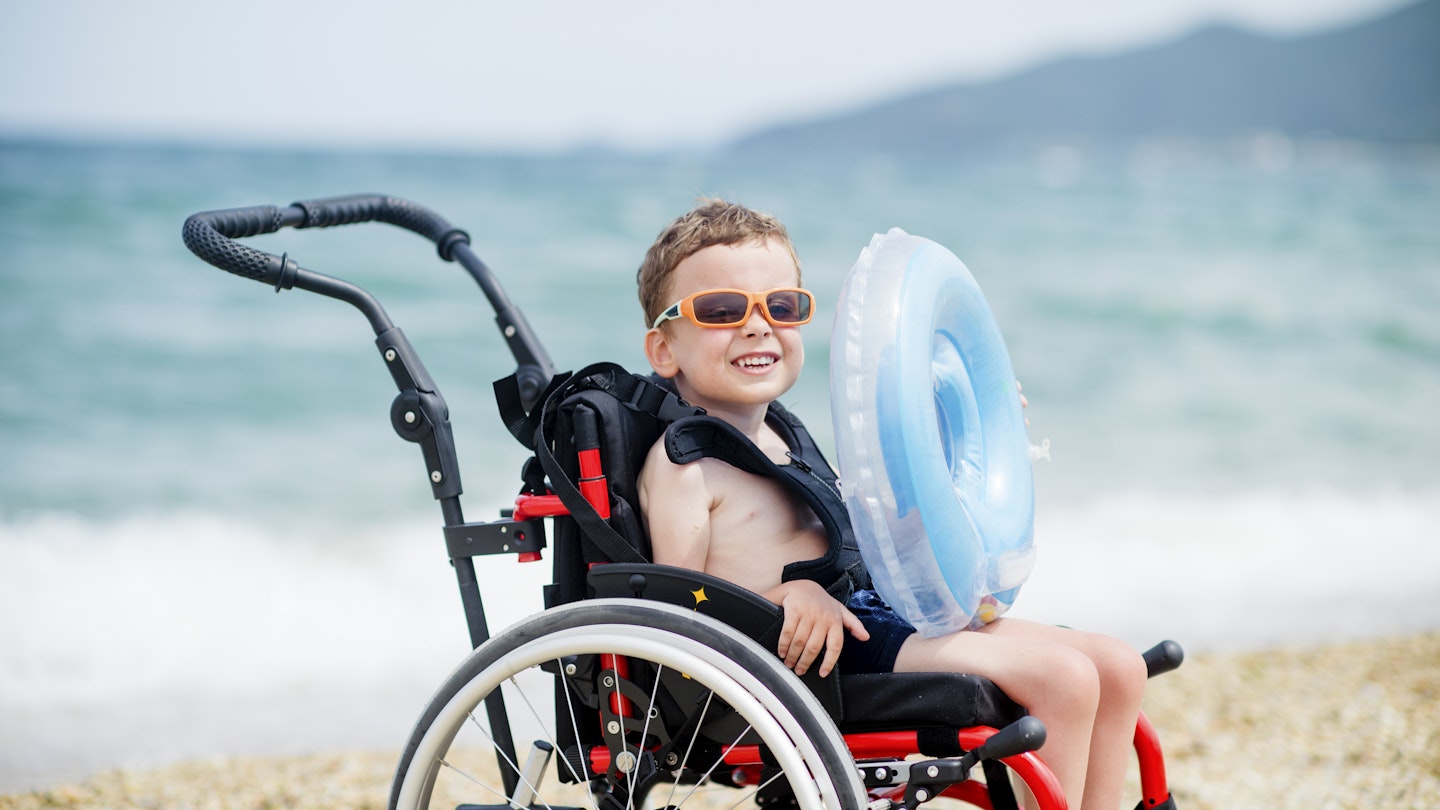Greece’s Commitment to Accessible Beaches
Imagine never again being able to slide into the sea and float among the choppy waves, tasting salt water in your mouth and feeling the sun on your back.
For people with mobility issues—ranging from those who depend fully on a wheelchair to those who require assistance with walking—a visit to the beach can often be a daunting experience. Accessing the waves frequently involves navigating stairs, pebbles, or long stretches of soft sand, which can be challenging even for those in good physical condition.
Expanding Accessibility Across Greece
One of the most popular summer destinations in Europe, Greece, is making strides towards inclusivity with a commitment to make 287 beaches across the country fully accessible for individuals facing mobility challenges. Currently, over 100 beaches in Greece are already wheelchair-friendly.
To facilitate this transformation, the government is investing in the innovative Seatrac system, designed to help users access the water easily. Additionally, improvements to parking facilities, changing rooms, and wheelchair-accessible bars on beaches will be implemented. Notably, part of the funding for this initiative is sourced from the European Union.

Equal Access to Coastal Experiences
Tourism Minister Vassilis Kikilias emphasized at a recent press conference that “equal access to the sea is an inalienable human right.” This initiative means that people with disabilities and limited mobility can now enjoy activities like swimming that significantly enhance their physical and mental health.
Moreover, it’s not only those with disabilities who will benefit from improved beachside facilities; children in strollers, the elderly, and pregnant women will all find the enhanced infrastructure, such as ramps and improved paving, to be a significant improvement.
Iconic Sites Becoming More Accessible
Greece, with its historic landscapes and iconic locations, has been working hard toward improving accessibility since hosting the 2004 Olympics and Paralympics. The introduction of wheelchair-accessible hotel rooms and restaurants, alongside added ramps at the World Heritage-listed Acropolis, demonstrates a commitment to change, despite some pushback from archaeology purists.

Ferries with Enhanced Accessibility
Ferries around Greece are now adapted for wheelchair access, enabling easier travel between various islands, regardless of mobility status. On the island of Crete, the city of Hania received a “special mention” in the European Commission’s Access City Awards in 2020 for its considerable efforts to widen pavements and improve public transport and parking availability.
Challenges in Aviation Accessibility
Despite significant advancements, challenges remain in the aviation sector. Disability advocates are continuously working to ensure that airplanes can accommodate wheelchairs—a critical piece of the travel experience. Currently, only a limited number of larger jets feature accessible toilets, which necessitate the use of aisle chairs for access.
Consequently, travelers often must check in their wheelchairs as luggage, with the inherent risk of damage during transit. Smaller aircraft frequently cannot accommodate large power wheelchairs, which can exclude numerous destinations altogether. For information on accessible travel options, exploring online resources focused on this niche can provide valuable insights.




